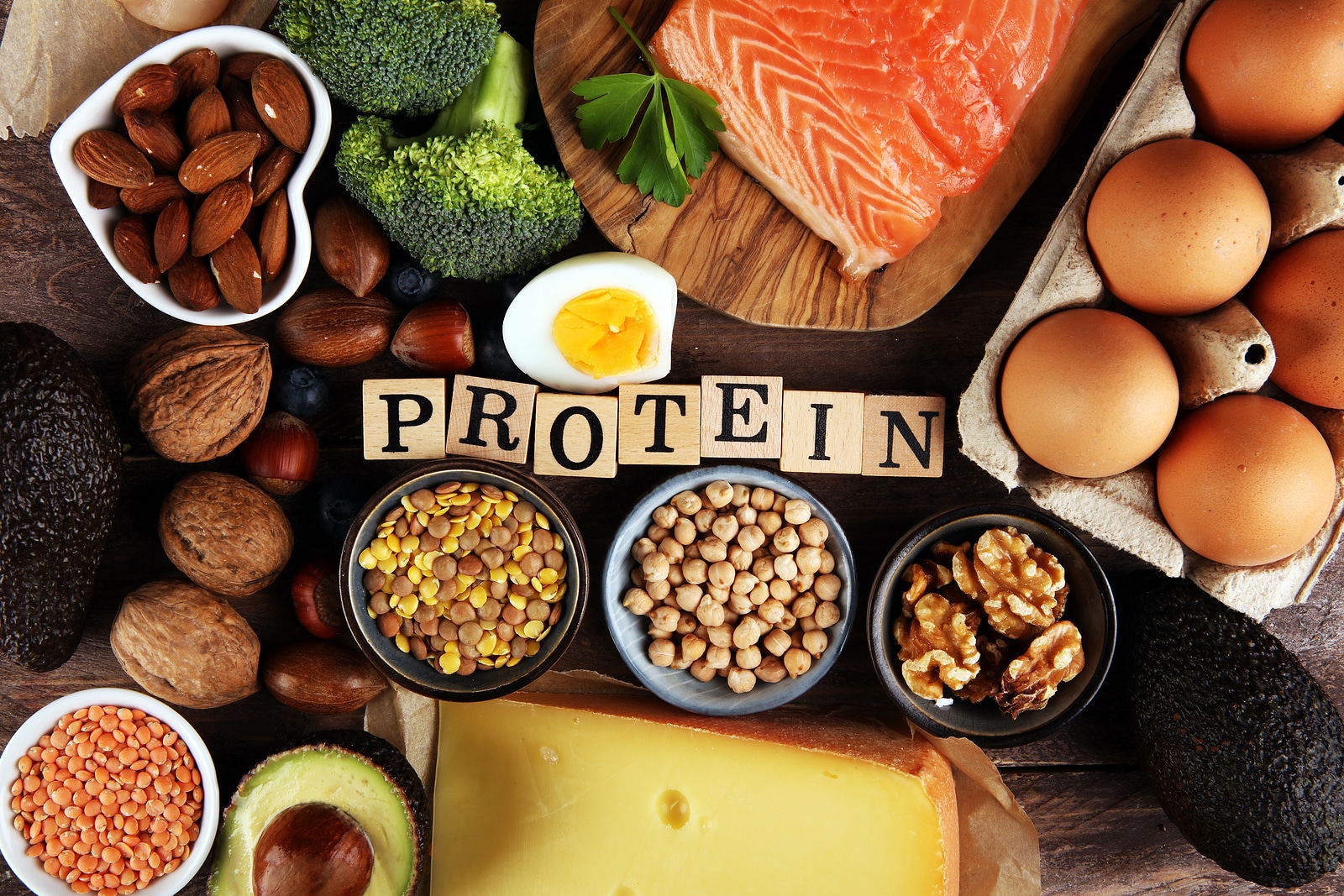What Nutrients Should Your Parents Increase?
Nutrition needs to be one of your conversations with your parents as they age. National Nutrition Month is an excellent time for this conversation. Do they eat the best foods for their health, or do they rely on processed meals that are quick and easy? Are they getting enough essential nutrients from the meals and snacks they eat? Home Care Services can be a great help with meals and senior nutrition.

Home Care Services in Southampton NY: Senior Nutrition
Tastes change as you age. You may find your parents leaning towards high-fat, high-sodium foods that taste great, but they’re not healthy options. Your mom and dad need to increase their intake of foods with the following nutrients.
Calcium
Calcium is an essential mineral as it helps with bone, muscle, and nerve health. It also plays a part in blood clotting. Your parents should get 1,300 mg per day. Milk and low-fat dairy are ideal sources.
Dietary Fiber
Dietary fiber lowers the risk of heart disease and colorectal cancer. It also helps the body process food and waste, preventing constipation. The target daily value of fiber is 28 grams.
Fiber is found in whole grains and vegetables. Items like oatmeal, bran cereal, and dried beans are all excellent choices for boosting fiber.
Folate
Folate is a B vitamin that’s found in fortified cereals and juices, as well as seafood, leafy green vegetables, eggs, and beans. It helps with cell division and can help prevent one type of anemia. Ideally, people need 400 mcg per day.
Potassium
Potassium is found in bananas and oranges. It helps with fluid balance, which helps the heart. The ideal daily value of potassium is 4,700 mg.
Vitamin B12
Vitamin B12 is found in fortified cereals, meats, fatty fish, and eggs. It’s essential for the healthy functioning of the central nervous system. It also helps with red blood cell formation. The recommended daily value is 2.4 mcg.
Vitamin D
Calcium is vital for bone health, and Vitamin D helps your body absorb calcium. You’ll also find that vitamin D can help with nervous system function and the immune response.
Vitamin D is found in dairy products. It’s also found in fortified juices and cereals. Aim for 20 mcg per day.
Vitamin E
Vitamin E is an antioxidant that helps protect the cells from damage that can lead to inflammatory diseases. It’s found in leafy green vegetables, nuts, seeds, and corn. Aim for 15 mg per day.
Have you noticed your parents don’t often cook meals if they’re eating alone? It may be hard for them to adjust from cooking for a family to cooking for one. It’s time to talk about home care assistance services.
With home care aides stopping by, your parents have someone to cook meals and snacks. If they don’t like eating alone, their caregivers can eat with them. Talk to a home care assistance specialist to discuss meal preparation and companionship services.
If you or an aging loved one is considering hiring Home Care Services in Southampton, NY, call the caring staff at Artful Home Care today at 631-685-5001.
Sources:
https://ods.od.nih.gov/factsheets/list-all/
- The Hidden Safety Benefits of an Organized Home - April 3, 2025
- Artful Home Care Presents Planning Your Legacy: An End-of-Life Strategy Session - March 27, 2025
- Celebrate National Garden Month with Your Senior - March 19, 2025

